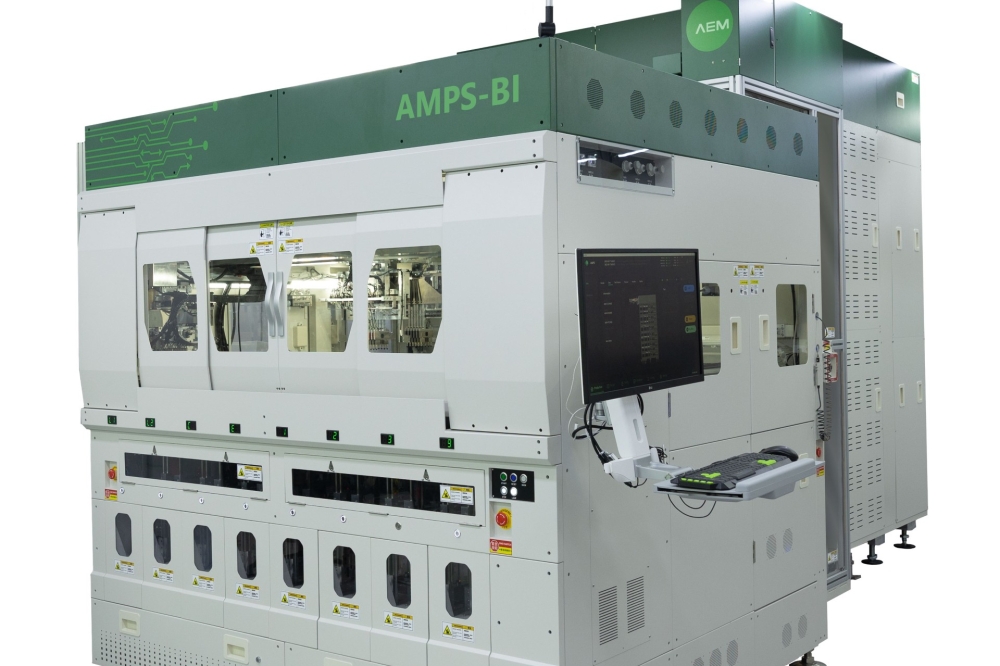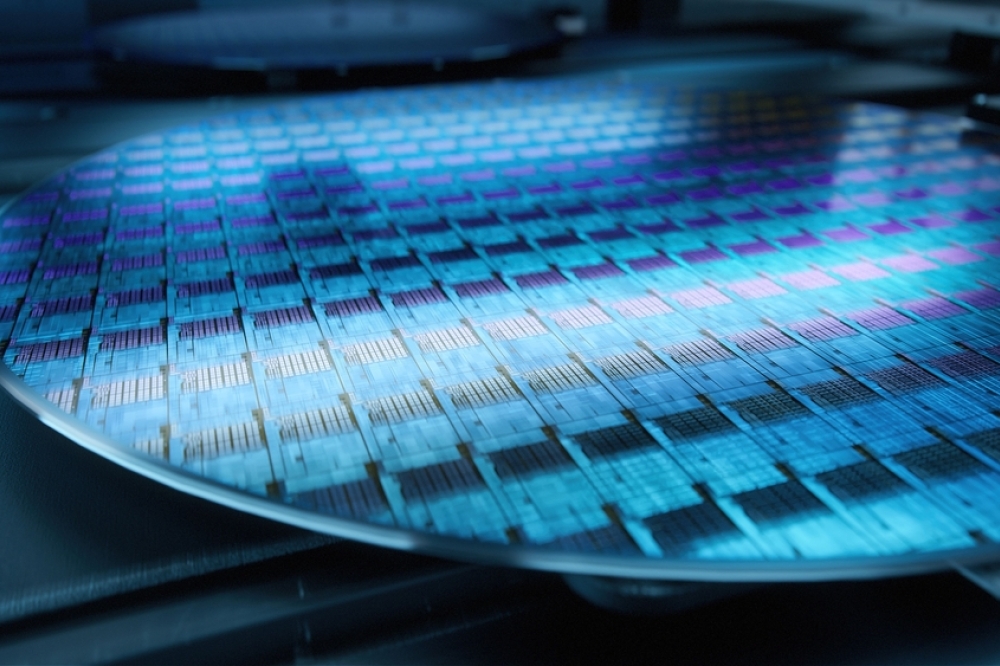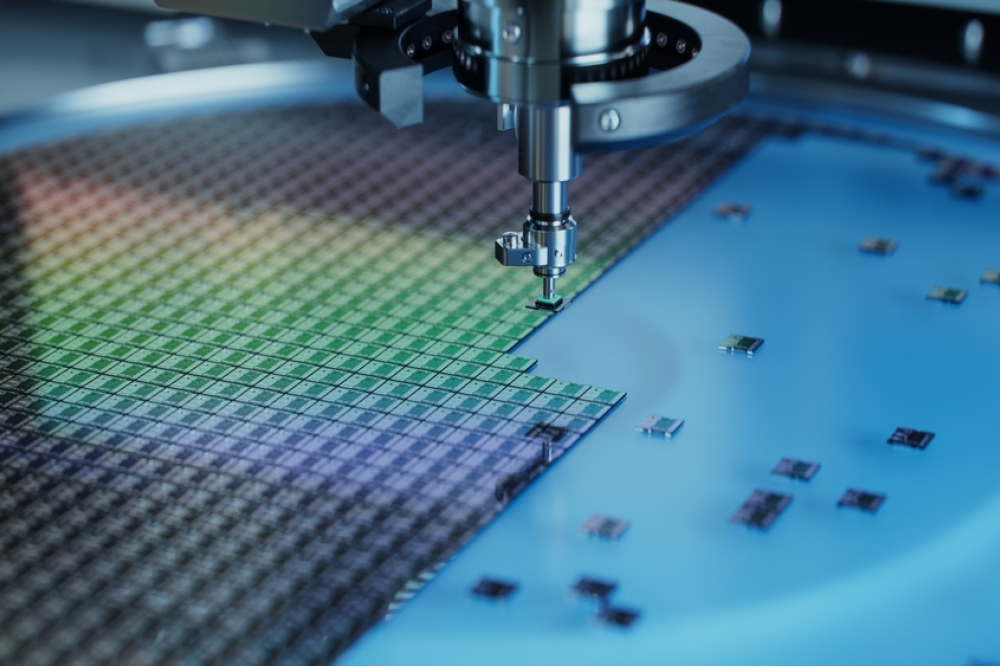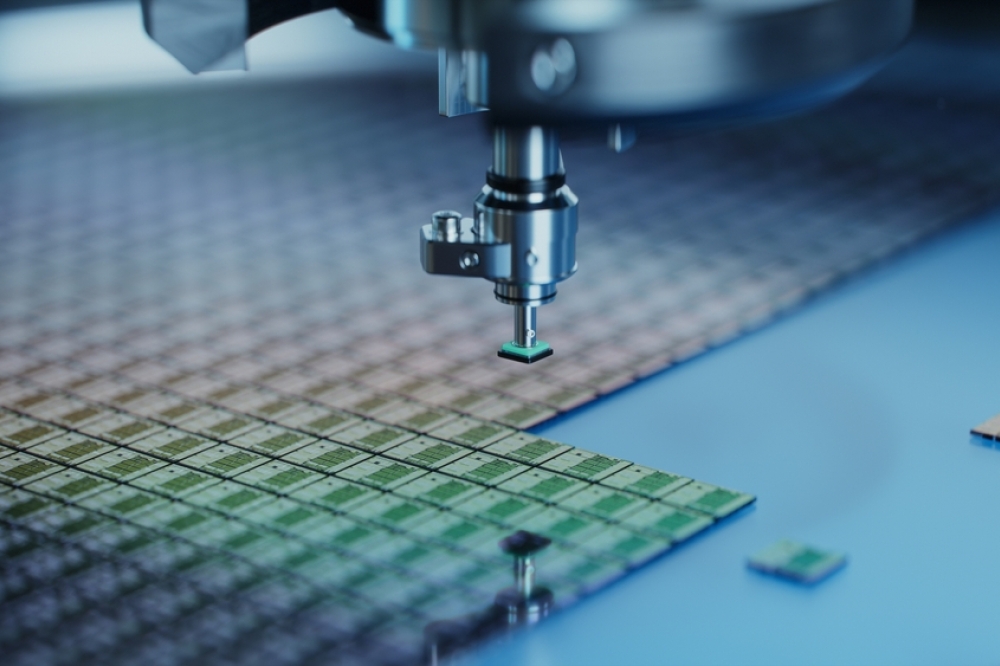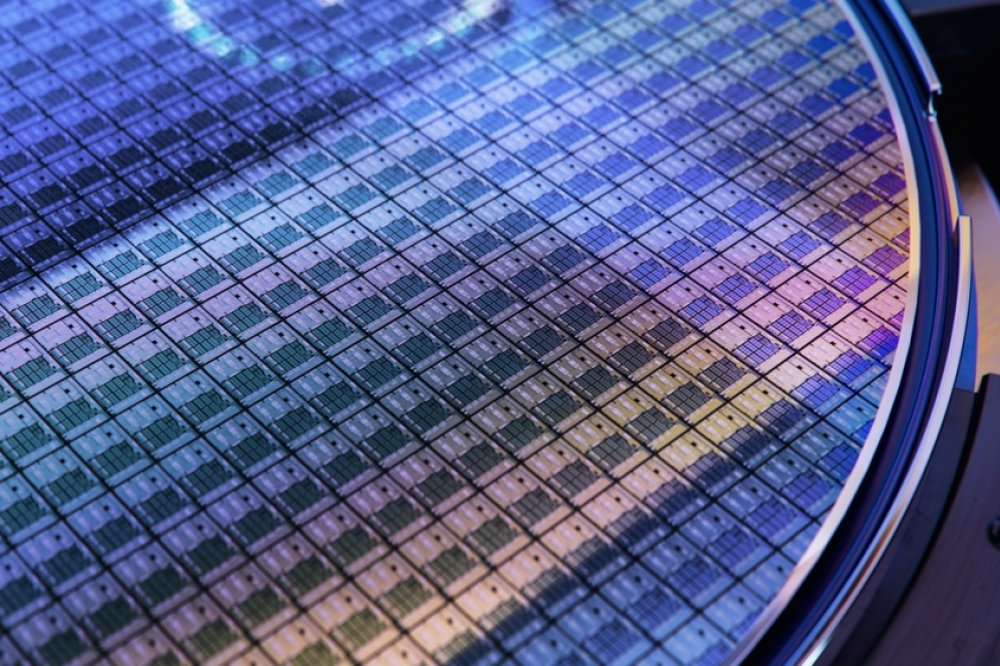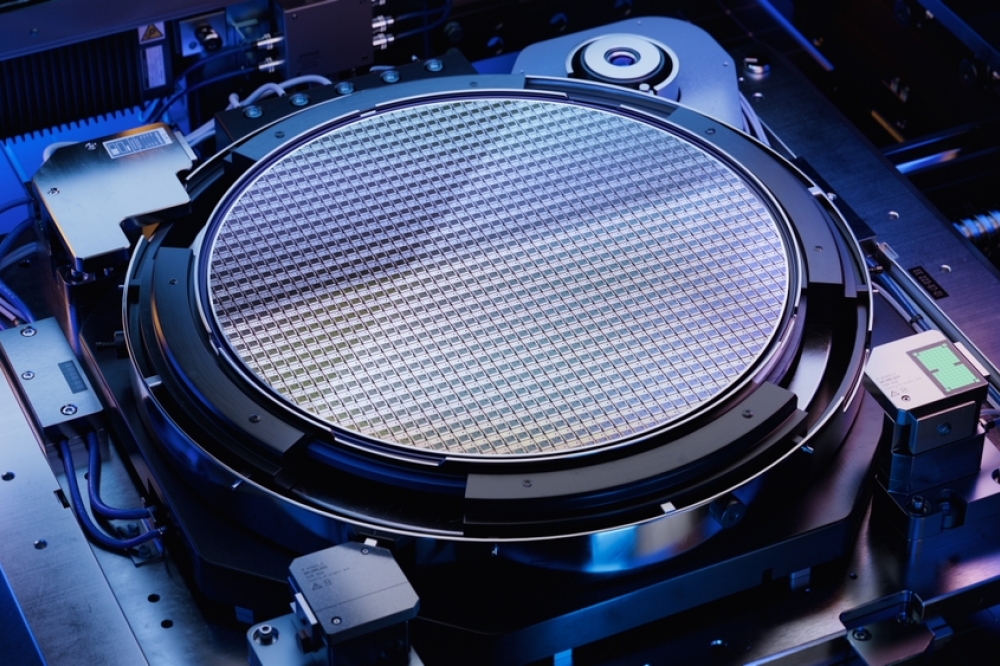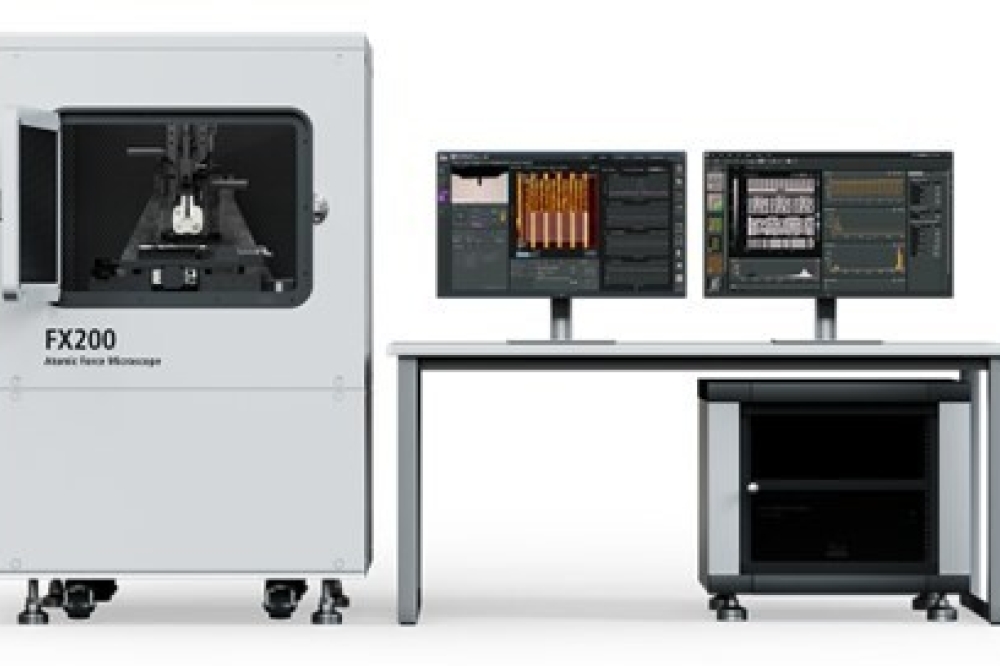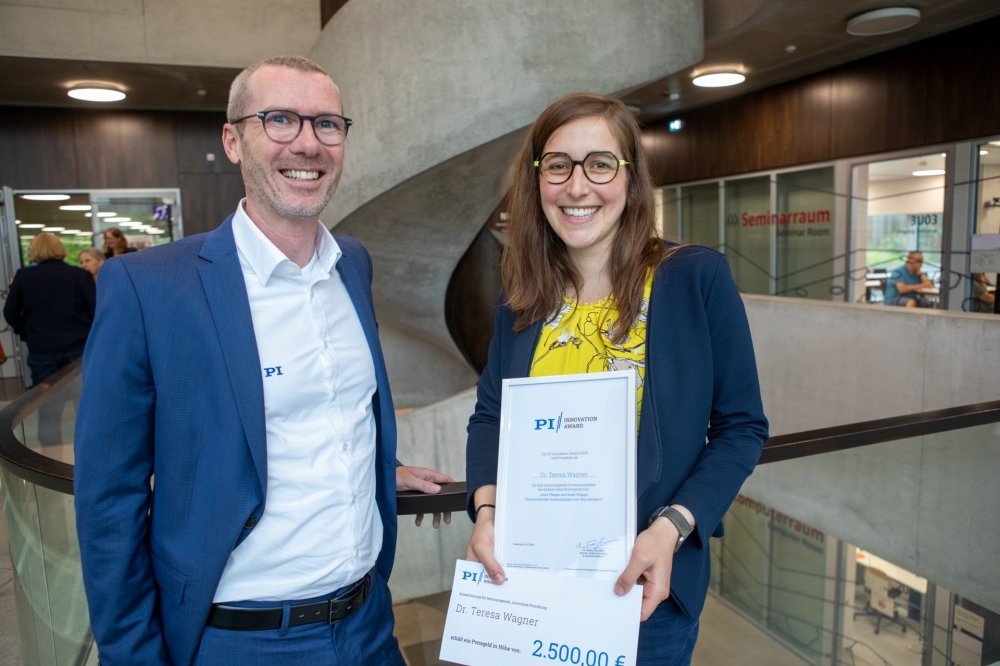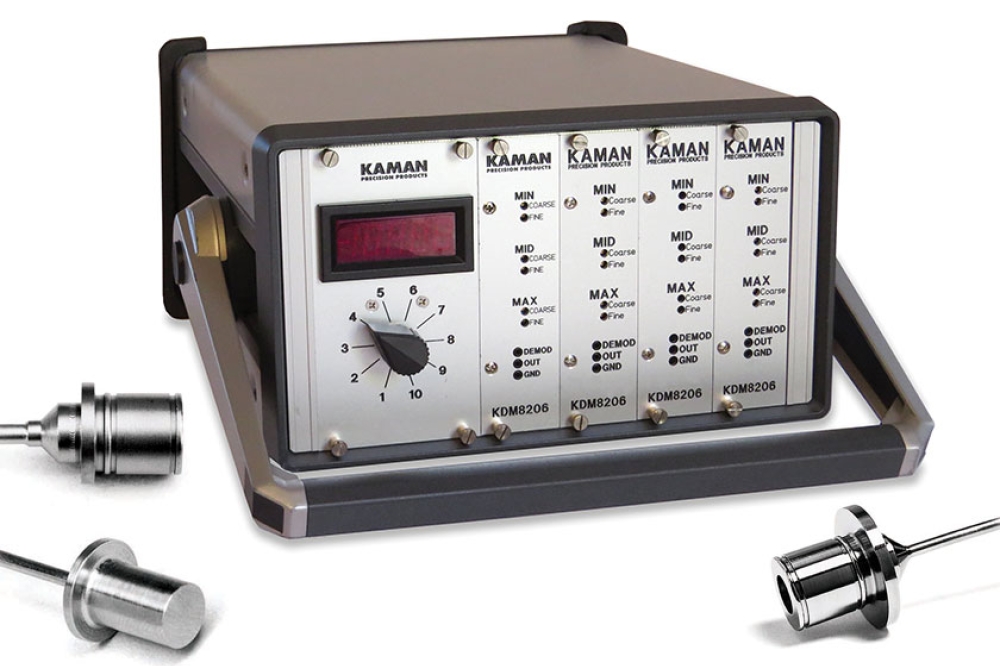Intrinsic secures £7m investment
Non-volatile memory technology from UCL spin-out will create a new generation of small devices with big brains that embed intelligence everywhere.
Intrinsic Semiconductor Technologies has secured £7 million in a funding round led by Octopus Ventures and supported by existing investors IP Group and the UCL Technology Fund as well as £1m in InnovateUK grants. The new funding will support the expansion of its engineering team to bring its product to market and enable a new generation of smart devices and self-contained systems with embedded intelligence.
Based on more than a decade’s research at University College London (UCL), Intrinsic has developed an innovative approach to non-volatile memory using resistive random-access memory (RRAM). The technology can read data 10x to 100x faster and write it 1000x faster than existing solutions and uses standard, frequently used materials, which are less complex or expensive compared to other RRAM solutions. It is also fully CMOS compliant to make it easier and cost effective for foundries to integrate the technology within existing chip manufacturing facilities. Together, these technological advantages will allow data hungry applications to overcome the memory bottleneck caused by current external flash memory delivering dramatically higher performance at a much lower energy consumption.
“We believe RRAM has the potential to become the backbone for the next generation of edge and IoT computers at a time when data hungry intelligent applications are becoming more and more prevalent,” said Mark Dickinson, CEO, Intrinsic Semiconductor Technologies. “Companies want to integrate more intelligence into self-contained applications and devices so that they can operate autonomously but this requires a paradigm shift in how memory is employed in these environments. By focussing on simplicity and manufacturability in our approach to RRAM we will open up a whole new array of market opportunities and this funding will play a critical role in helping us to attract highly skilled engineers to build out the commercial potential of Intrinsic.”
Yole Intelligence, part of Yole Group estimated in June 2022 that embedded RRAM market will grow from $18m in 2021 to $957m in 2027 at a 94% CAGR. Intrinsic sees many opportunities to integrate its technology with applications and devices that operate autonomously or remotely, ranging from driverless vehicles, robots in manufacturing, farming and warehouses to consumer applications around the home. As its technology offers higher performance at lower cost and energy consumption, it will make it practical to store and process data locally, with the added benefit of enhancing privacy. Data will no longer need to be stored or processed in the cloud, which is also good for those applications operating remotely where connectivity blind spots may be an issue.
“Intrinsic underlines the potential of the UK semiconductor industry to develop radical new solutions for the next generation of devices,” said Owen Metters, Investor, Deep Tech, Octopus Ventures. “Memory technology has struggled to keep pace with processor innovation in the last decade, but Intrinsic’s technology has the potential to unlock currently inaccessible functionality in a wide range of applications. It will be hugely exciting to work with the Intrinsic team as they commercialise the technology and expand into new markets.”
“By solving the memory bottleneck Intrinsic has achieved a major breakthrough for the use of non-volatile memory in single-chip computers,” added Lee Thornton, Partner, Deeptech, IP Group. “Being able to deliver orders of magnitude faster and cheaper memory with lower energy consumption will make it possible to add intelligent capabilities even at the edge. Solving this memory issue is fundamental to the evolution of such applications.”
“Intrinsic is developing a great example of fundamental innovation with world-changing potential from UCL,” David Grimm, Investment Director UCL Technology Fund. “The team now has the resources to prove the technology at cutting-edge node sizes across millions of devices. We’re very proud of this team and delighted to continue to back them!”
Today’s intelligent applications are redefining the role and requirements for memory in computers, as they demand more memory than ever with improved performance and lower power consumption. Current embedded flash technology cannot fulfil this expectation, because it can no longer be scaled down to integrate in the advanced chips needed for these intelligent applications. Consequently, this requires the higher cost and power consumption of two-chip solutions, or has no solution at all. Intrinsic’s new technology removes this limitation. It allows the integration of fast, cheap and very low power memory on the same chip as the processors enabling vastly greater artificial intelligence capabilities using significantly less energy.
Intrinsic was founded in 2017 by Professor Tony Kenyon, Dr Adnan Mehonic and Dr Wing Ng, who are leading researchers into non-volatile memory at the Department of Electronic and Electrical Engineering, University College London. The company has already received seed funding from UCLB, UCL Technology Fund and IP Group for its cutting-edge research in this sector.


